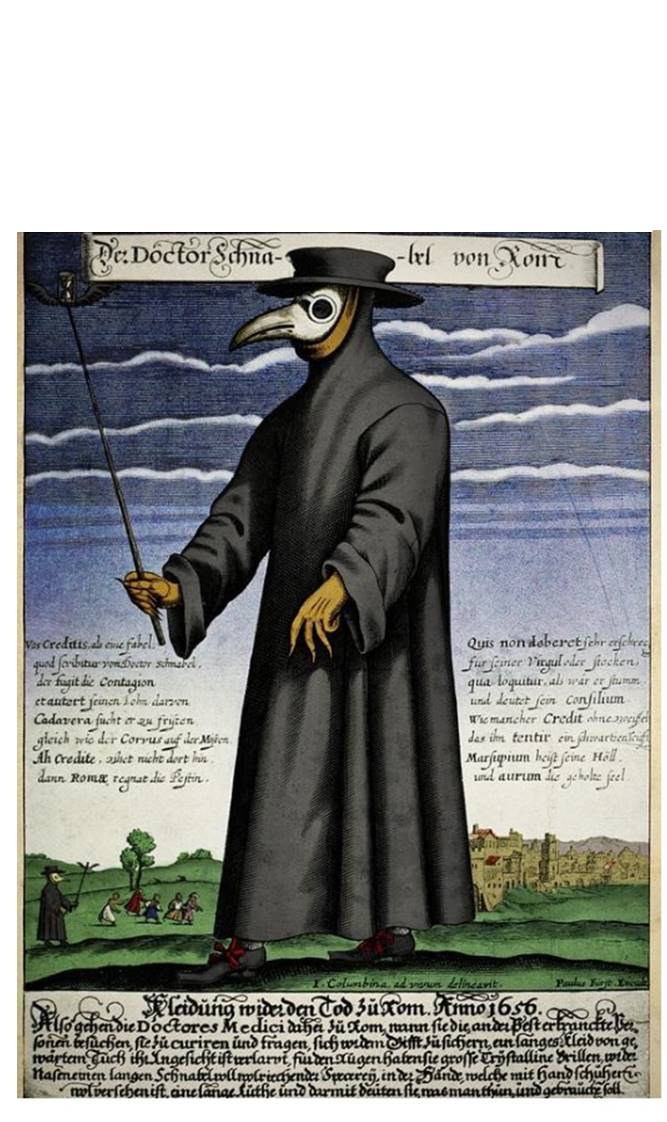Hiking in Shenandoah National Park – Americans imposing vaccine mandates on their own – “Compassion fatigue” among the medical professionals – A novel approach to encouraging vaccination – Evening statistics
Today I went with AD and RH to hike on the Appalachian Trail between Jenkins Gap and Gravel Spring Hut. The forecast called for the mid-to-high 80s in my area, but at this higher elevation the temperature never went beyond 80 degrees, and the skies were partly cloudy, so that the sun was not beating down on us and it never became uncomfortably hot. A large number of us went together on this hike and afterwards we sat together for nearly two hours drinking and eating and chatting sociably. These episodes are still the main source of social activity for me, and probably for many others in our group as well. It was like a regular outdoor party, except that we were relaxing in a parking area in Shenandoah National Park recessed from the main road, instead of someone’s back yard. We had the place to ourselves; and, indeed, we did not meet many other people on the trail itself. Several schools have already begun their fall semesters, and as a result fewer parents are taking their children out to hike together, even on weekends.
About a third of the millennials have severed ties with someone in their lives who has refused to get vaccinated, as compared to 30% of Generation Z-ers, 9% of Generation X-ers, and 7% of baby boomers. Part of the reason, doubtless, is the fact older people have had priority in vaccination availability and have on the whole shown less reluctance in taking them. At this point 91.4% of all seniors have received at least one dose and 81.2% are fully vaccinated. Only 4.7 million seniors are unvaccinated out of approximately 50 million seniors total. About 62.4% of all Americans 18 years or older are fully vaccinated, so the numbers are steadily increasing. But hospitalizations continue to rise, and among the unvaccinated in particular. There are now nearly 7½ million active cases of COVID in the country, more than 40% of the active cases worldwide.
Dr Anita Sircar of Mary Medical Center in Torrance, CA, has expressed a sense of “compassion fatigue” that I suspect is fairly common at this stage among health care professionals. She cites the story of one patient in his 50s, in good health until he caught the infection 10 days before he was assigned to her for emergency procedures. As his symptoms worsened, he had resorted to various treatments (including hydroxochloroquine!), all of them ineffective in his case. Eventually he ended up in the ER with dangerously low oxygen levels, exceedingly high inflammatory markers, and patchy areas of infection all over his lungs, making it difficult for him to breathe. His wife and two young children were at home, all infected with COVID-19. He had decided to wait until full FDA approval of the vaccine before taking it, saying that he did not want to be a human guinea-pig. “Well,” Dr. Sircar told him, “I am going to treat you with remdesivir, which only recently received FDA approval.” She proceeded to explain that it had been under an EUA for most of last year and had not been studied or administered as widely as COVID-19 vaccines – which indeed would be rather difficult, since more than 353 million doses of COVID-19 vaccines have been administered in the U.S. along with more than 4.7 billion doses worldwide over a period of several months, without any overwhelming catastrophic side effects. “Not nearly as many doses of remdesivir have been given or studied in people and its long-term side effects are still unknown,” she went on. “Do you still want me to give it to you?” He agreed to submit to this treatment, but it also proved ineffective; he died of a stroke nine days afterwards. “Last year,” she wrote in her account of the matter, “a case like this would have flattened me. I would have wrestled with the sadness and how unfair life was. This year, I struggled to find sympathy. It was August 2021, not 2020. The vaccine had been widely available for months in the U.S., free to anyone who wanted it. Cutting-edge, lifesaving vaccines were available where people shopped for groceries, and they still didn’t want them.”
The Mae Chaem district of Chiang Mai province in Thailand has chosen an unusual incentive for its residents to get vaccinated. Starting in September, a raffle will be held every week to determine which fortunate inoculated person will receive a cow as a reward. It appears to be working: according to district chief Boonlue Thamtharanura, “Our vaccine registration numbers have gone from hundreds to thousands in a couple of days.” Regrettably, I doubt whether such an approach would work here. I myself am an advocate of the COVID vaccines, as I think the past several entries have shown; but if I thought that taking one of them would result in a live cow being deposited on my front doorstep, I would strive my utmost to avoid them.
Today’s statistics as of 8:00 PM – # of cases worldwide: 212,554,270; # of deaths worldwide: 4,443,890; # of cases U.S.: 38,545,144; # of deaths; U.S.: 645,058.
